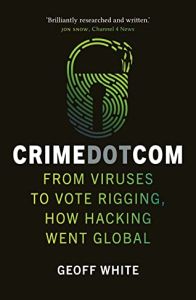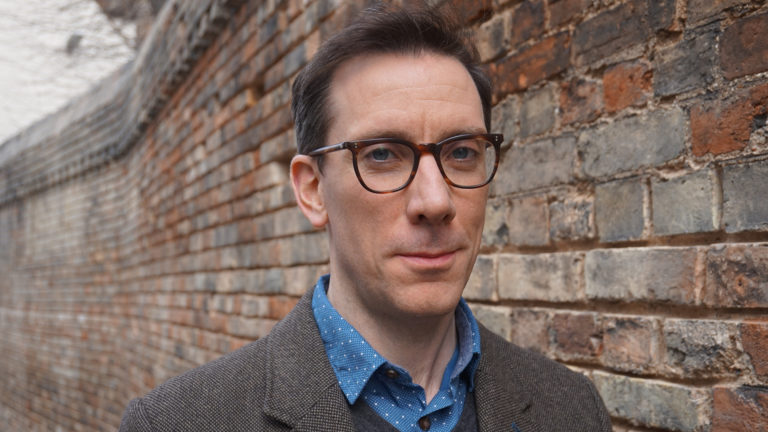Join getAbstract to access the summary!

Join getAbstract to access the summary!
Geoff White
Crime Dot Com
From Viruses to Vote Rigging, How Hacking Went Global
Reaktion, 2021
What's inside?
A detailed, nontechnical history of internet crime.
Recommendation
One cybersecurity firm predicts that worldwide losses to cybercrime will reach $10.5 trillion a year by 2025. In this fascinating, frightening overview, journalist Geoff White traces how cybercrime developed and how it has surged in recent decades. Online crime requires sophisticated technical skills, but relatively little effort. Viruses do most of the work. Crooks can access so many potential victims that even a tiny success rate pays off. In a highly readable and nontechnical narrative, White chronicles the development of hacker culture. He describes significant heists and scams, details innovations such as ransomware and online black markets, and shows how nation-states embrace hacking for spying, theft, sabotage and petty revenge.
Summary
About the Author
Investigative journalist Geoff White covered technology for the BBC and Channel 4 News.


















Comment on this summary